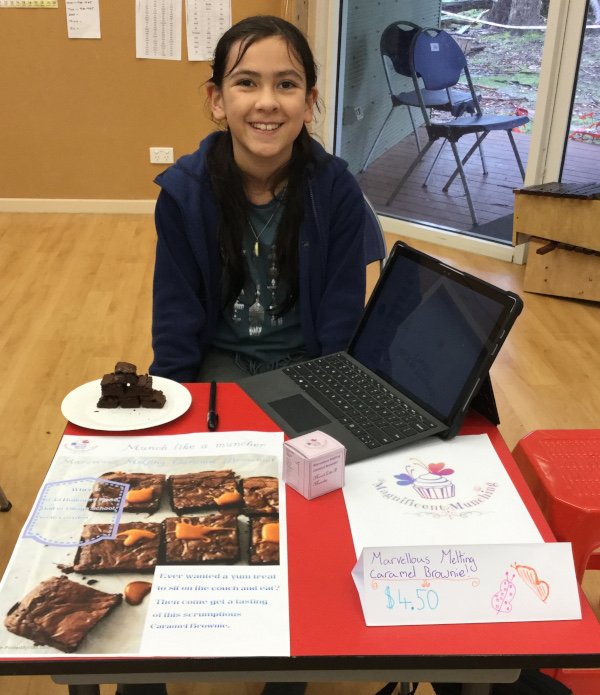
Learning for Life
Our personalised approach to learning creates lifelong learners.
At Village School, learning is promoted as an exciting, enjoyable, real and ongoing life experience. We balance the academic program with many real-life experiences. Village School provides a unique environment in which to implement this approach with ease due to smaller class sizes and its carefully planned philosophy.
Conditions for effective learning
Students learn better when they are interested in a topic and can see its relevance to their world and their lives. This helps students to be motivated learners, engaged with the learning activities and interested to explore and understand further. With a variety of hands-on activities that suit each child’s individual learning style and level of understanding, our students use interactions and feedback from others and their environment to reinforce their understanding.
To ensure that children remain challenged without feeling overwhelmed, we provide a positive learning environment and personalised support as required to help them learn and grow. We make the assumption that each child learns in a unique way and at different rates, therefore no single teaching method suits. While literacy and numeracy will always be a top priority, we also foster each child’s special talents and try to discover his or her own particular path to achieving these outcomes.
From the beginning Village School has used progressive teaching methods which are now currently endorsed by the work and research of such people as:
Australian Educational Consultant, Kath Walker
The English teacher, researcher and writer, Dylan Wiliam
Dr Joseph Renzulli, the American educational psychologist who developed the ‘School-Wide Enrichment Model’ for developing children’s individual talents
Explorers
Naturally inquisitive, constantly testing and exploring objects in the world around them
Learning vocabulary, logic, cause and effect and numeracy through play and experimentation
Writing freely using pictures, pictograms, signs, numerals and letters to express their thoughts and ideas
Constantly making, doing and role-playing.
Settlers
Starting to settle into routines and understand the ‘systems’ of learning while still having the freedom to explore ideas and materials
Designing and constructing, learning through games and following their own particular passions
Many numeracy and literacy skills are still acquired and practised through games and activity centres.
Developers
The children are developing skills in all the academic disciplines while they work through theme-based topics which give a ‘bigger picture’ or real-life context to their learning
There is a balance of concrete and abstract learning which is different for every child.
Contractors
The children take more responsibility for their learning program and often ‘contract’ or negotiate work tasks and themes
At this stage, there is an awareness of the need to learn, to prepare for future study, to hone personal, academic and creative skills and to take on ownership of their own learning.
Our learning strategies
-
We aim to arouse your child’s natural curiosity and to provide an open environment that will foster learning through enquiry and experimentation.
-
Whilst the teacher maintains the overall learning framework, the children are empowered to plan, structure, self-manage and self-evaluate their own individual learning. All children need time to reflect on information. This means that less information is fed to the children and more discussion takes place. By asking well-structured questions we are teaching how to think, not what to think.
-
Knowledge and understanding are not the same things; understanding comes from hands-on experience. At Village School we want children to understand, so we place a strong emphasis on active, practical, real-life activities and experiences that promote a true understanding of the subject matter that will remain with them throughout life.
-
We believe that happy children learn and happy children develop the self-esteem needed to succeed later in life. At Village School, we recognise that this is the most important aspect of the child to develop. Children with low self-esteem cannot concentrate on learning, have difficulty relating to their peers, and are too inhibited (or too aggressive) to be able to successfully communicate their needs and desires. In short, unhappy children do not learn.
-
We recognise that we also learn by making mistakes. Therefore, we encourage children to take risks in a non-threatening, caring environment in order to develop realistic, problem-solving skills. We foster creative thinking and individuality in a cooperative, rather than a competitive environment.





